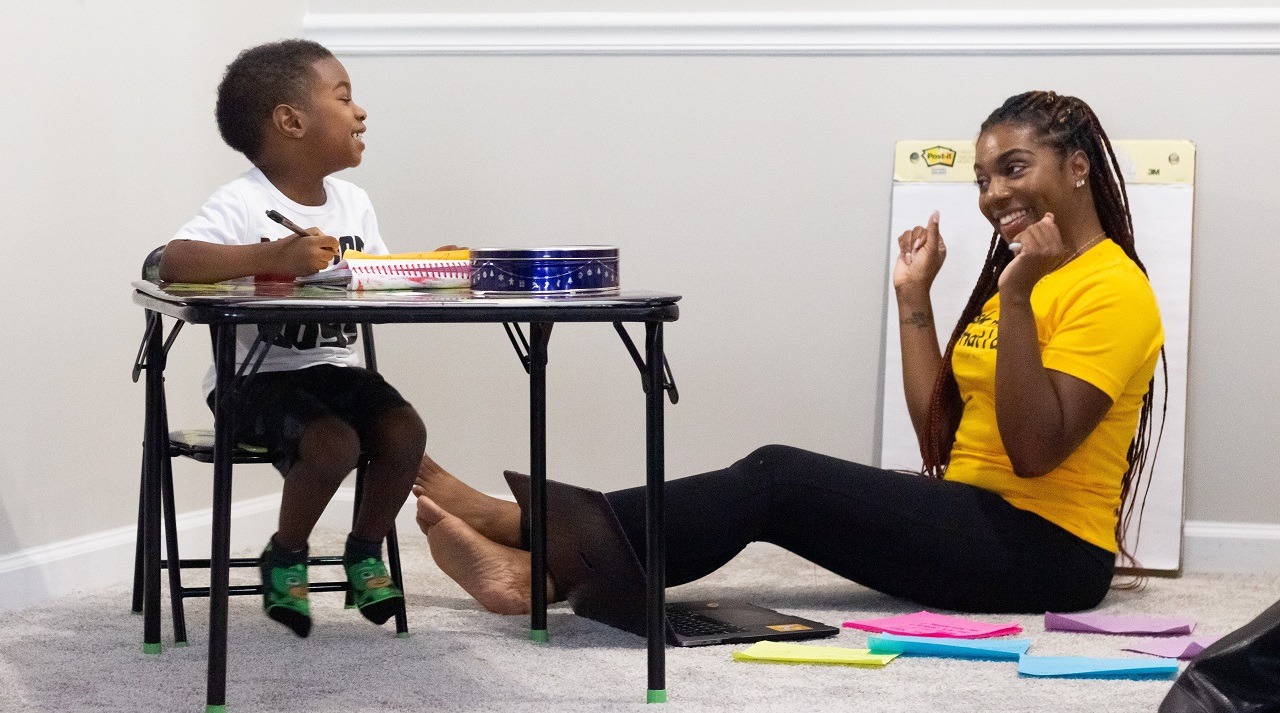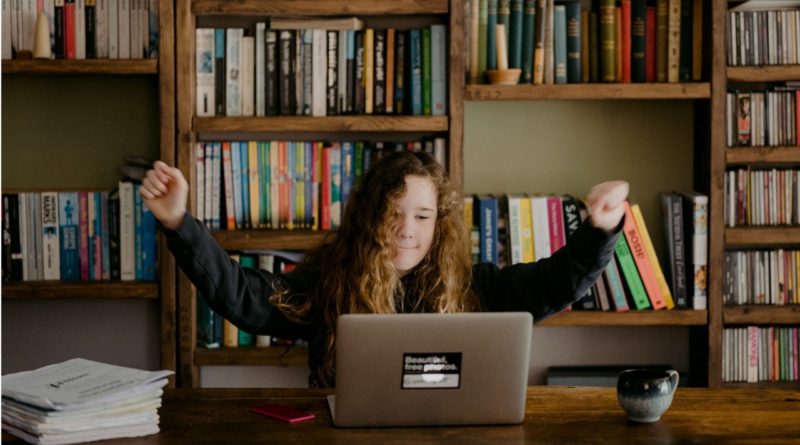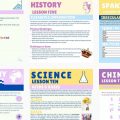Home-schooling has Ended, Home-learning Continues
Home-schooling has changed the way parents approach their child’s education. We are now more involved in our children’s learning, and we understand at a much deeper level the expectations they face. Arash Sedighi,who runs the Kip McGrath Tutoring Centre in Didsbury, offers his advice on the things parents should and shouldn’t do when trying to help children with their studies.
After months of school closures, there is a worry, experienced by many parents, that their children are now behind, and that they will need to catch-up. The school-work sent by schools, regardless of any live zoom classes, was to a large extent left to parents to explain. Many parents felt that there was too much work, and have doubted their own abilities to explain the concepts properly. Others have experienced the opposite. They felt that the schools sent the minimum of required work in order to make sure that everyone could cope and stay at the same level. These parents believed that their child could and should have done a lot more.
The post-lockdown parent will remain involved in their child’s education, perhaps more so than before March 2020. Here then, are some dos and don’ts of home learning.
Five things you shouldn’t do!
1. Don’t interrupt a child’s thinking. One mistake some parents, and even some teachers make, is they don’t give children enough thinking time. Having thoughts interrupted, with follow-ups like “You know this. We did this yesterday” can be detrimental to a child’s learning.
2. Don’t focus solely on recall and memory questions like “What’s the name of the…”. If your child remembers something, or even doesn’t remember, it actually tells you very little. Obviously, if the child enjoys this process then it’s a positive thing but do not see remembering facts or answers as the main sign that a child is learning.
3. Don’t dismiss wrong answers. ½ + ½ equals 2/4 may be wrong, but “no” or even “try that again” is not an efficient way to make sure the child is learning. If anything, it is better to get the wrong answer in many cases, as it tells you that there is a problem with the processing. The correct answer is sometimes guessed, and could be disguising a misunderstanding of concept.
4. Don’t rush learning, every child really does have a different learning pace. Of course, there are milestones to be reached at certain developmental stages, but the most important thing is to make the child feel comfortable asking questions and enjoying the experience of learning.
5. Don’t pretend you know everything. Sometimes, I feel taken aback by a question and I have found myself falling into the trap of trying to dazzle with words to hide this. But we’re not only teaching children with what we say; we are also teaching them how to be a learner by what we do. Be stuck, struggle with answers and ask for more time. If the adults around a child show them that these are acceptable, they will be more comfortable being stuck, struggling and asking for more time and help.
Five things you should do!

1. Give children thinking time. Interrupting a child’s thinking can affect their relationship to learning negatively, as we have said. Giving thinking time can be an excellent way to make sure this doesn’t happen. With younger children, one method can be to have them give you a sign when they are thinking. One method I use is to have them show me they’re thinking by putting their “thinking face” on. I have also seen some use a thumbs-up while they are thinking, and wiggling it when they are ready to share. As a rule of thumb, pardon the thumb, the parent or teacher should give five seconds of thinking time to a child.
2. Ask open ended questions. “Why is that?” is a great example of a question we can ask, even in maths. Reward the explanation with recognition and the child will soon see that it’s the thought process that is valued, not just the answer.
3. Have children ask questions of you. The most important aspect of teaching is the attitude to learning that we as teachers and parents foster. “I don’t actually know that, let’s look it up together” is one of the most powerful statements an adult can say to a child (if you have the time of course).
4. Build on wrong answers. The example of ½ + ½ = 2/4 is a great one. “OK, let’s work that out together” is an excellent response to that. In fact, even if the answer was given correctly, it is a good idea to give the same response and work it out with the learner.
5. Take breaks. One of the positive aspects of the lockdown has been families spending more time together outdoors. The time outside has been a welcome break from working from home for many, and spending that time with our children has been invaluable. When children are back at school, and we are back at work, let’s keep it up. Homework is not as important as exploring the environment, being able to ask questions and think, away from the pressures that the school environment may impose.








There was way too much work set during lockdown. It gave me a new appreciation of how difficult it must be to reach one child let alone a whole class
I’m so happy learning at home is over. It stressed me out a lot.
So easy to interupt ! Focus is so important
Some great advice, glad it’s over but it’s nice that the kids ask for help more now they are back at school and are even more willing to chat about the work they have been doing
Some really good advice there.
I think a lot of people are going to continue to home school after this.
This post I can relate to so so much, thank you for being realistic!
I found home learning very difficult and yes we were given so much even my daughter said she didn’t have as much work in school as what she did at home!
Never mind hopefully we won’t have that to do again.
Glad Homeschooling has ended but school days nee lengthening to allow catch up